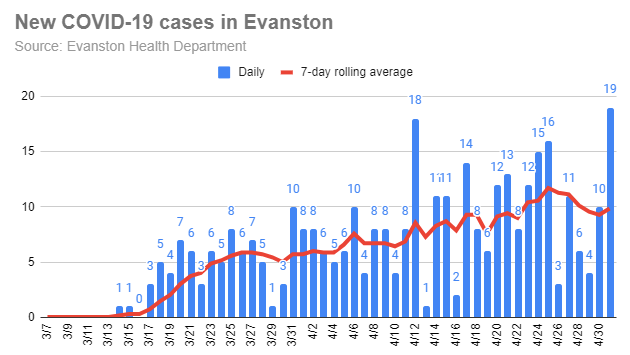Table of Contents
The coronavirus pandemic has led to one of the most disruptive economic and financial crises we have ever experienced in the world.
We saw businesses get shut down, jobs get lost, the stock market crash, free movements get restricted, and different economies get put on complete lockdown just to stop the spread of the virus.
Well, the reality is that after all these containment steps that were taken, the pandemic is still far from over.
And although the lockdown played a crucial role in slowing the spread of the virus, it however also had a lot of negative repercussions on the economy. And with the restrictions imposed on public and business life during the lockdowns being lifted, we are beginning to see a rise in new cases again.

Every day we are getting reports of confirmed new coronavirus cases surging across different countries and continents all over the globe. Some of the new badly hit places include the U.S., Brazil, India, and Germany where the reproduction rate of the disease has risen substantially.
The largest single-day increase in global coronavirus cases was recorded on Sunday, according to the World Health Organization (WHO), after more than 183,000 new cases were reported worldwide.
Economic Concerns

The biggest concern to the economy is; “if the infection rate continues to increase, we might begin to see various countries and regions re-impose the lockdown rules to stop the spread”.
This step would likely disrupt the current economic rebound and push the financial markets into chaos. This would in turn push stock prices lower as economic activities slow down and eventually die out as non-essential businesses get shut down and we begin to see a rise in companies declaring bankruptcy again.
How Would the Federal Reserve React

The second wave of coronavirus shut down would leave the Federal Reserve with little to no new financial ammunitions to fight the coming recession with, and in a bid to sustain the economy, the FED might continue to print even more fiat money in a record amount never witnessed.
This will put the U.S dollars at a very weak spot that might lead to hyperinflation as the value of the dollar continues to fall.
Can Bitcoin Be the Saving Grace?
While I would like to say Yes, it is important for me to be honest and point out the recent correlation between the U.S stock market and the Bitcoin during very volatile periods.
If economic shut down where to get re-imposed, this would likely affect the stock market, pushing the prices of stocks lower which would in turn affect Bitcoin and lead to a pullback in price.

However, this correlation would only last for a little while as Bitcoin is slowly growing and breaking away from the stock market. And we might see that break completed if the stock market crashes again.
How Is the Bitcoin Community Reacting to This?

We are currently experiencing a ranging market in Bitcoin with traders waiting to see what will happen. The price is currently trading in between the $10,000 resistance and $8,000 support region.
If the economy continues to deteriorate, we might see a price break down below the $8,000 and begin to head lower.
However, if the economy strengthens and we get the current surge in new coronavirus cases under control, we might see a break of the $10,000 resistance and the continuation of the bull run.
To gain more information on how to partake in this coming Bitcoin Bull run and trade this cryptocurrency, you can read my How To Trade Bitcoin Guide. You can also check my top list of Best Bitcoin Exchanges To Trade With.





